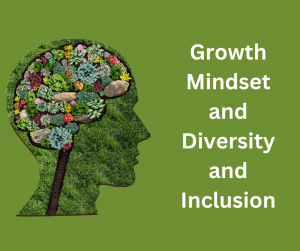5 Hurdles Women Leaders Face In Organizations
It isn’t news that there is a significant gender gap in leadership, but the reasons for this gap are more complicated than we know. A study conducted by McKinsey & Company and LeanIn.org’s Women in the Workplace elucidated that women have been doing their part, which is earning more degrees as compared to men, negotiating salaries and asking for promotions at the same rate as male employees, and also staying in the workforce at the same rate as their male counterparts.
Despite these improvements, the slow realization of real advancement indicates that the issue goes deeper. To understand this better, we will take a closer look at some of the external and internal hurdles women in leadership face.
External Hurdles
- Unequal Treatment –As a part of a patriarchal society, women get unequal opportunities in terms of advancement and unequal consideration for promotions and projects. It is one of the toughest battles women fight, which is why building awareness is the first step to reducing the effect of this societal reality.
- Lack of Sponsorship and Mentorship –Many women do not seek or are not offered leadership development support. Either way, women who wish to take up leadership positions should ideally surround themselves with mentors. Mentorship will offer feedback and experience that is necessary for growth in the workplace.
- Unconscious Biases –Unconscious biases are powerful and tend to work against women and their career advancement subtly. They typically include learned or inherent stereotypes that develop along the lines of age, body mass, sexuality, social status, gender, job title, and ethnicity. People tend to be influenced by these biases, and this also includes women.
Because of this reason, many organizations seek coaching services to make employees aware of their unconscious biases.
Internal Hurdles
- Imposter Syndrome –Research suggests that women tend to doubt and downplay their qualifications and abilities more than men. As a result, they hesitate to take the lead on big projects and wait until they have more training, experience, and credentials before asking for a promotion.
- Rumination –As per neuroscience, the brain region that causes worry and rumination is more active and larger in women. This means women tend to take well-thought-out actions, but the downside is that they spend a significant amount of time ruminating perceived criticisms and missteps. Sometimes women tend to become so overwhelmed that they internalize their perceived failures, eroding confidence, and resilience.
Solution
Women who participate in leadership coaching tend to overcome these challenges and are able to make their mark in society. Coaching helps women more build awareness and tap into their resilience and strength which can have a transformational effect on their life and career.
Empower Women in Your Organization to Begin Leadership Coaching with PPCaDI!
Offer the women in your organization the opportunity to reach their leadership goals by utilizing PPCaDI’s coaching services. With world-class coaches, PPCaDI will equip women leaders with the ability to break through the external and internal hurdles they may face in organizations.
“ Which hurdle do the women in your organization have the most difficulty with?[/
Kiki’s Coaching Take Away:
Women may face hurdles but they are resilient and can rise to the top of any challenge.








